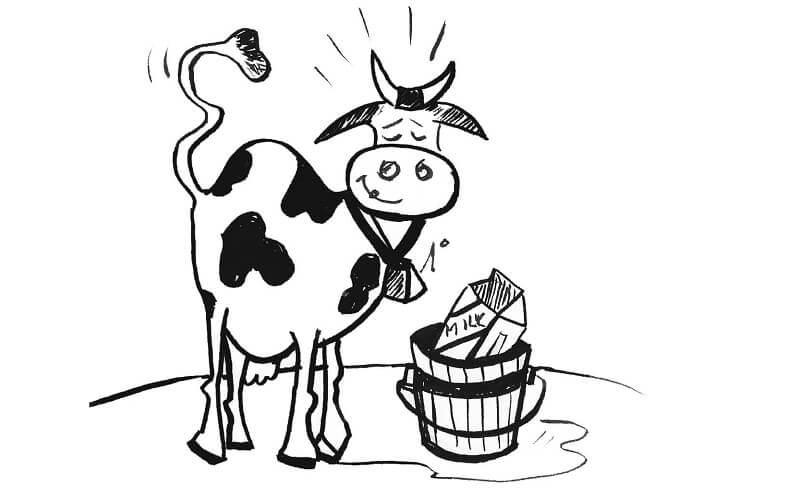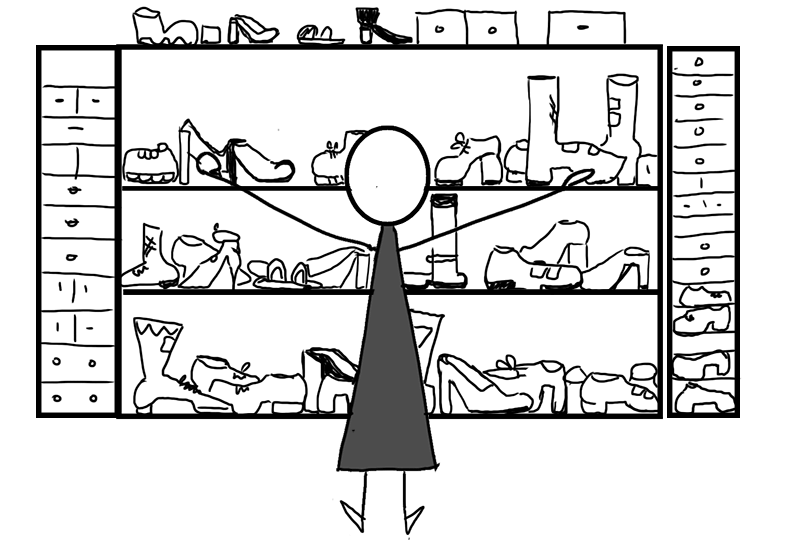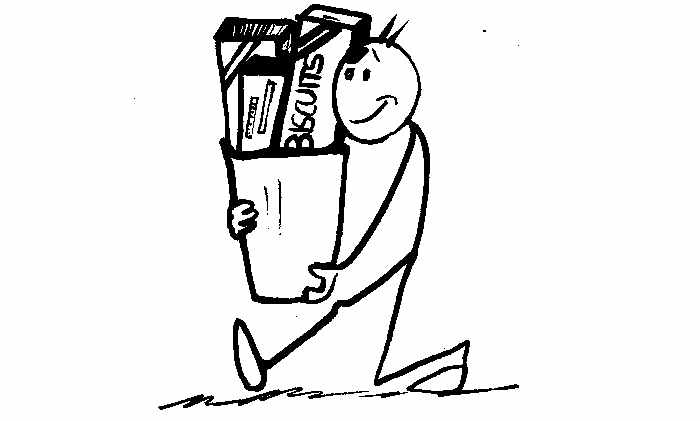Molto, tanto, troppo
| | AGGETTIVO/ AVVERBIO | SOSTANTIVO SINGOLARE | SOSTANTIVO PLURALE | CON VERBO |
| Molto, tanto | Very | Much, a lot of, lots of | Many a lot of Lots of | Very much a lot |
| Troppo | Too | Too much | Too many | Too much |
Nelle frasi affermative le espressioni A lot / lots of sono da preferirsi a much / many / very much
Ad esempio:
Your cows produce a lot of / lots of milk[tooltip]le tue mucche producono un sacco di / lotti di latte[/tooltip]
Do your cows produce much milk?[tooltip]le vostre mucche producono più latte?[/tooltip]

Oppure:
There are a lot of / lots of new pubs in that district[tooltip]Ci sono un sacco di / un sacco di nuovi pub di quel distretto[/tooltip]
Are there many new pubs in that district?[tooltip]Ci sono molti nuovi pub in quel quartiere?[/tooltip]
Infine:
John knows a lot about English football team[tooltip]John sa molto di squadre di calcio inglese[/tooltip]
John doesn't know very much about English football team[tooltip]John non sa molto di calcio inglese[/tooltip]
Quando si vuole tradurre molto dopo i verbi to rain, to try, to study, to work, questo si traduce con hard.
It's snowing hard, it's better not to drive[tooltip]sta nevicando molto, é meglio non guidare[/tooltip]
Tanto davanti a un aggettivo, quando significa così, è tradotto con so.
He's so kind![tooltip]è così gentile![/tooltip]
Va tenuto a mente che in presenza di sostantivi singolari e plurali, so può essere seguito solo da much e many e non viene mai seguito da a lot of / lots of.
She's got so many shoes that she doesn't know where to put them[tooltip]ha così tante scarpe che non sa dove metterli[/tooltip]

Much, many, a lot of - molto, molti, tanto-tanti
much
aggettivo di quantità, precede solo i nomi al singolare, è di solito usato nelle frasi negative con i sostantivi non numerabili
He looks much older now[tooltip]lui sembra molto più vecchio adesso[/tooltip]
many
aggettivo di quantità precede i nomi al plurale, è di solito usato nelle frasi negative con i sostantivi numerabili
Tom has many cousins[tooltip]Tom ha molti cugini[/tooltip]
a lot of
è usato al posto di much e many nelle frasi affermative, sia con i sostantivi numerabili che con quelli non numerabili
Tom bought a lot of biscuits[tooltip]Tom comprò un sacco di biscotti[/tooltip]

lots of è più informale e indica una quantità maggiore
Tom gave me lots of troubles[tooltip]Tom mi ha dato un sacco di guai[/tooltip]
--- PER APPROFONDIRE L’ARGOMENTO ---
as much / many as
We can use as much / many as when we are talking about quantity and want to compare things or people that are more or less equal. Much and many can be used in this way as determiners or pronouns or as an adverb in the case of many. Compare the following:
Share prices were falling and she didn't have as much money as she thought she had.
She won't be able to buy as many clothes this year as she bought last year.
The breakfast buffet at the hotel was great. You could eat as much as you wanted.